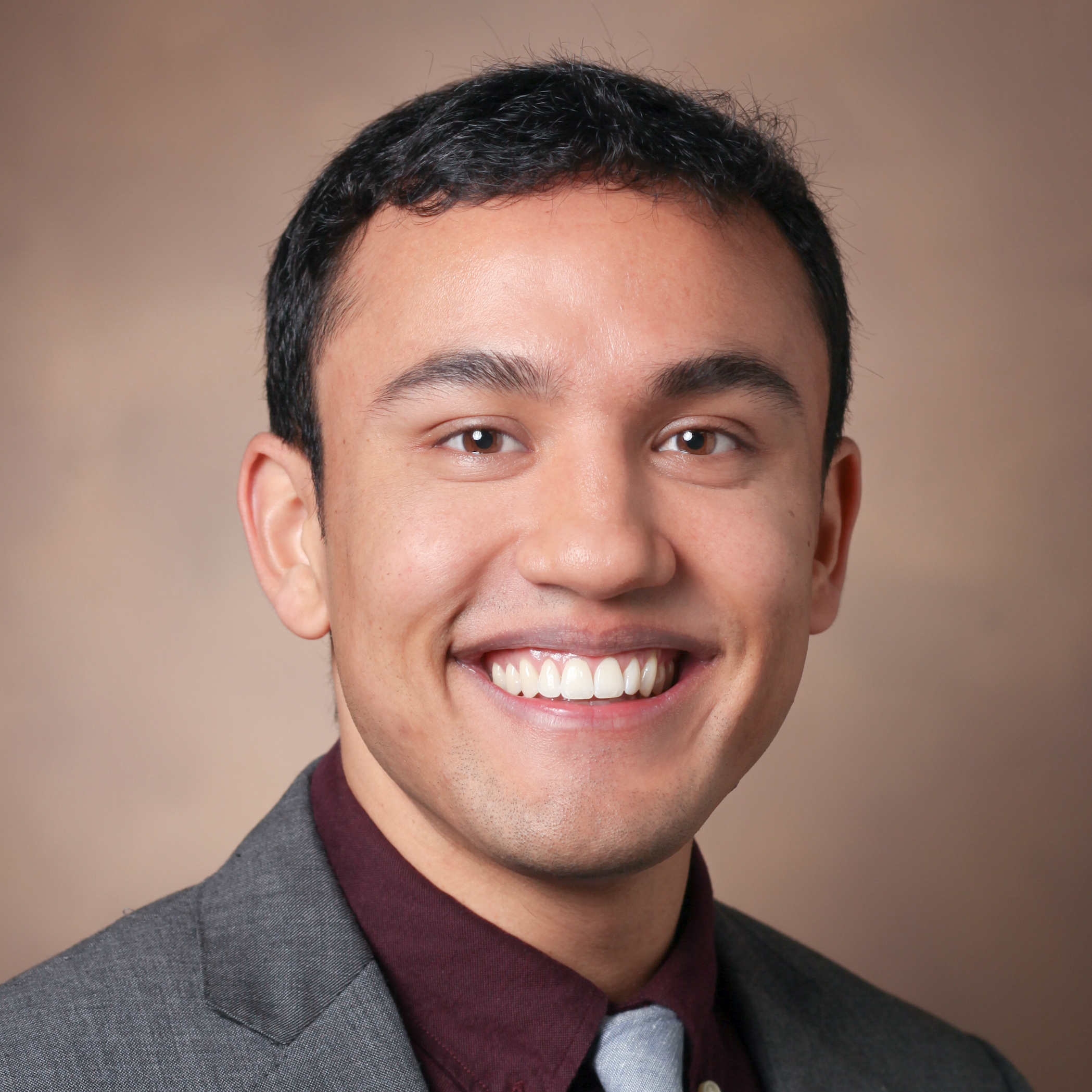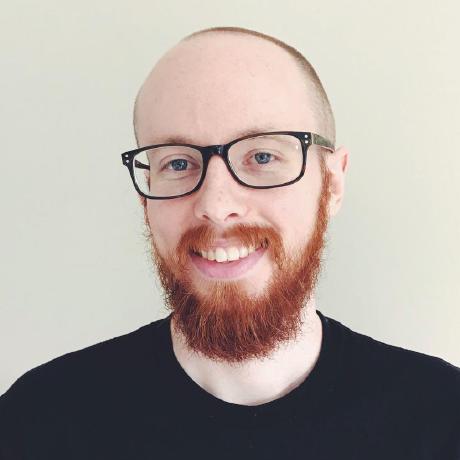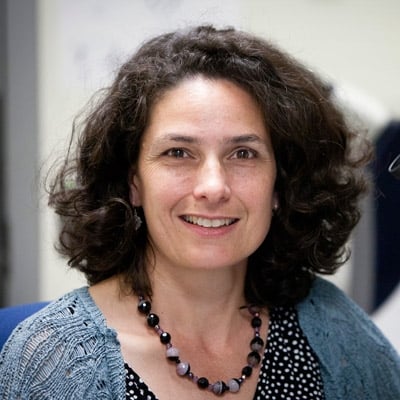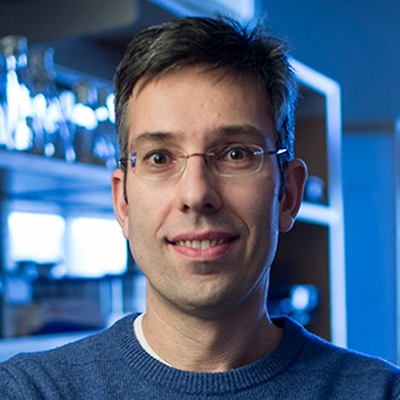About
Orthology inference using Hidden Markov Models (OrthoHMM) was developed as part of Jacob L. Steenwyk’s post-doctoral work.
Inferring orthology (that is, genes that have shared ancestry) is a major challenge in bioinformatics. This challenge is exacerbated when sequence divergence is high – for example, among organisms that began diverging dozens of millions of years ago – which makes remote homology difficult to detect.
A popular approach to identify orthology utilizes graph theory. Specifically, an all-to-all comparison of sequence similarity is conducted using BLAST or DIAMOND and the resulting similarity scores are used to cluster groups of highly similar sequences together. The resulting groups of sequences are putative orthologs; thus, these genes are termed orthologous groups of genes (or orthogroups).
Here, we introduce OrthoHMM, which implements Hidden Markov Models to infer orthology. Hidden Markov Models have a distinct advantage over BLAST and DIAMOND because HMMs incoporate position-specific information and patterns that enable more sensitivity and specificity for remote homolog detection. Benchmarking reveals that OrthoHMM outperforms other software for orthology inference.
The Developers
OrthoHMM is developed and maintained by Jacob L. Steenwyk and Thomas J. Buida III.
Jacob L. Steenwyk is a Howard Hughes Medical Institute awardee of the Life Science Research Foundation at the University of California, Berkeley. Find out more information at his personal website.
Thomas J. Buida III is a senior software and data engineer at Initial State. Find out more information at his personal website.
More Team Members
Nicole King is a Howard Hughes Medical Institute Investigator and Professor of Molecular and Cell Biology at the University of California, Berkeley. Find out more information at her laboratory’s website.
Antonis Rokas is the Cornelius Vanderbilt Chair in Biological Sciences and Director of the Evolutionary Studies Initiative at Vanderbilt University. Research in his laboratory focuses on the study of the DNA record to gain insight into the patterns and processes of evolution. Using a combination of computational and experimental approaches, his lab’s current research aims to understand the molecular foundations of the fungal lifestyle, the reconstruction of the tree of life, and the evolution of human pregnancy. Find out more information at his laboratory’s website.







